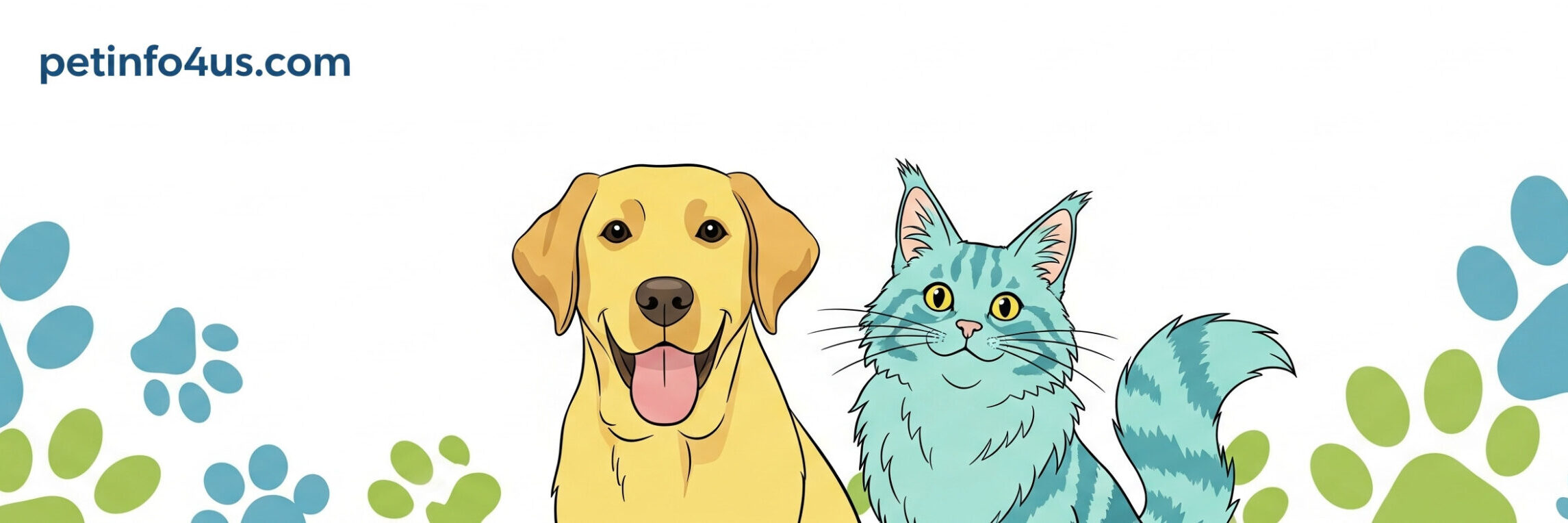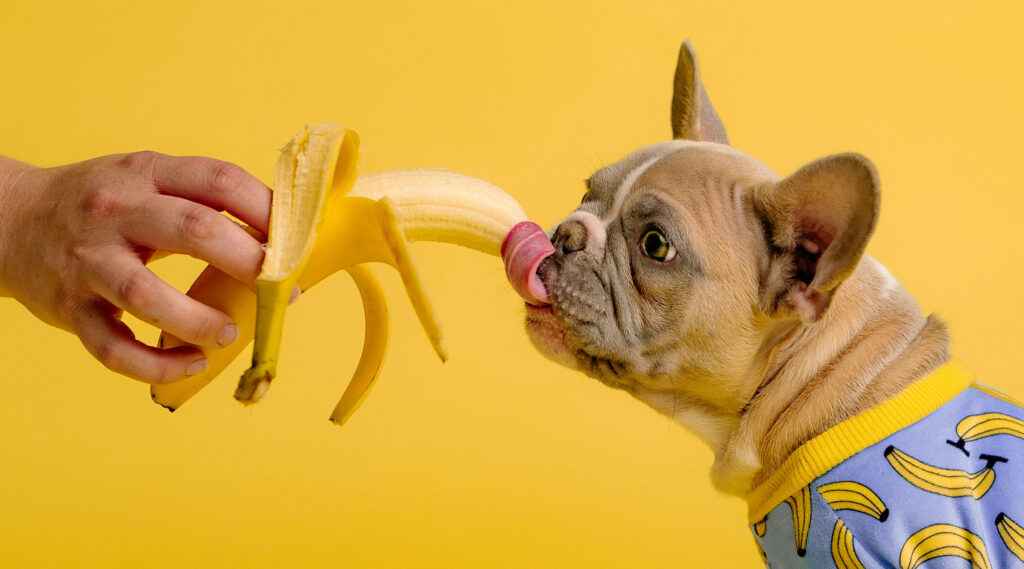Safe & Unsafe Foods Every Dog Owner Should Know
We all know the look: those big, hopeful eyes watching every bite you take. Trust me, I see this multiple times a day with my two dogs! But which human foods are actually safe for dogs — and which can be dangerous?
In this guide, you’ll find what you can share, what you should avoid, and why. (Ask your vet before adding new foods to your dog’s diet.)
The short answer: Some human foods are perfectly healthy for dogs in small amounts — but many can cause stomach upset or be downright toxic. Let’s break it down.
Safe human foods dogs can enjoy
(Plain, unsalted, unseasoned, in moderation)
Fruits (seedless & cut small):
- Apples (no seeds or core)
- Blueberries
- Bananas
- Watermelon (no rind or seeds)
- Strawberries
- Cantaloupe
These are low-calorie, rich in fiber & vitamins — great as training treats.
Veggies:
- Carrots
- Green beans
- Cucumber
- Pumpkin (plain, cooked)
- Sweet potato (cooked)
Crunchy veggies can also help clean teeth a bit. I’ve found that baby carrots make excellent low-calorie training rewards.
Proteins (plain, cooked):
- Chicken
- Turkey
- Salmon (boneless, fully cooked)
- Eggs (cooked)
Protein adds nutrition, but avoid seasonings, sauces & bones.
Grains & starches:
- Plain rice
- Oatmeal
- Quinoa
- Plain pasta
Great if your dog has an upset stomach — the classic plain rice & chicken combo really works.
Dairy (small amounts):
- Plain yogurt
- Cottage cheese
Some dogs are lactose-sensitive, so introduce slowly.
Pro tip: Keep treats (including human foods) under 10% of your dog’s daily calories. It’s easier to overdo it than you think.
🚫 Unsafe or toxic human foods for dogs
Some foods can cause mild stomach upset; others can be fatal even in small amounts. I keep this list posted in my kitchen as a reminder.
Absolutely avoid:
- Chocolate (the darker, the more dangerous)
- Grapes & raisins
- Onions, garlic, leeks, chives
- Macadamia nuts & many other nuts
- Xylitol (often in sugar-free gum, peanut butter, baked goods)
- Alcohol & coffee
- Raw yeast dough
- Avocado (especially pit & skin)
- Fat trimmings, cooked bones
⚠️ Use only with caution (ask your vet):
- Cheese & dairy (lactose sensitivity varies)
- Peanut butter (check label: must be xylitol-free — I always read every ingredient)
- Bread & baked goods (empty calories, potential harmful ingredients)
Why dogs can’t eat everything we can
- Smaller body size means a small dose can have a big effect
- Some human foods damage dog liver, kidneys, or red blood cells
- Dogs’ digestive enzymes differ from ours — that’s why chocolate and grapes become toxic for them
Tips for safely sharing human foods
✅ Serve plain, cooked (no salt, spices, butter, sauces)
✅ Avoid seeds, pits, cores, bones
✅ Cut small to prevent choking
✅ Introduce one food at a time → watch for upset stomach
✅ Portion size: tiny! Treats shouldn’t replace balanced dog food
Quick FAQ
Can dogs eat spicy food? Absolutely not — spices upset their digestion and some are toxic.
What about raw bones? Only with vet supervision; cooked bones are always unsafe due to splintering risk.
Are the rules different for puppies? Yes, even stricter! Young stomachs and growing bodies need careful monitoring — always check with your vet first.
Print our free Safe & Unsafe Foods for Dogs list — keep it on your fridge!
It’s tempting to share your plate with those pleading eyes (believe me, I know!), and sometimes it’s perfectly fine. But I’ve learned to always double-check before giving human foods to my dogs. They process foods so differently than we do, and even small amounts of the wrong thing can cause serious harm.
My rule of thumb: when in doubt, stick to plain, small portions, occasional treats — and ask your vet if you’re unsure. Your dogs will be just as happy with their regular treats, and you’ll have peace of mind knowing they’re safe.

